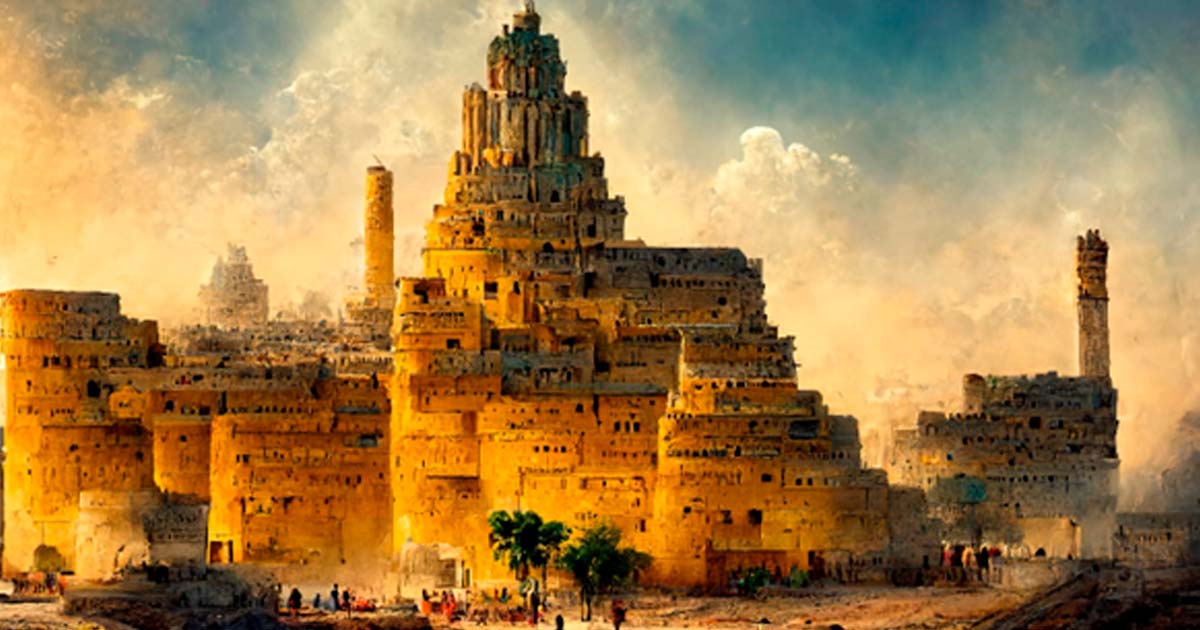The concept of civilization is multifaceted and complex, encompassing a plethora of dimensions that reflect humanity’s evolution, social structures, and interactions with the environment. Civilizations have emerged across the globe, leaving behind an indelible mark through their unique attributes, philosophies, and contributions to the collective human experience. This discourse will delve into the various aspects of civilization, categorized into distinct yet interrelated topics that encapsulate the essence of human development.
Definition and Characteristics of Civilization
Civilization can be defined as a sophisticated stage of human social development characterized by the establishment of cities, a complex societal structure, distinct cultural practices, and advancements in various fields such as art, science, and governance. The primary traits of civilization include urbanization, social stratification, a system of governance, economic systems, and advancements in technology. Each civilization evolves through a set of common processes, yet displays remarkable variations influenced by geography, resources, and historical contexts.
Types of Civilizations
Historically, civilizations can be broadly categorized into several types, each representing unique developments and circumstances. These classifications include:
- River Valley Civilizations: Often regarded as the cradle of civilization, these societies emerged in fertile valleys conducive to agriculture. Noteworthy examples include the Nile Valley Civilization, the Indus Valley Civilization, and Mesopotamia. The proximity to rivers facilitated irrigation, trade, and transportation, laying the groundwork for urban development and cultural growth.
- Classical Civilizations: The period of classical civilizations witnessed the rise of empires with defined political structures, philosophies, and cultural achievements. The Roman Empire, Han Dynasty, and the Maurya Empire stand as exemplars of this era, showcasing advancements in governance, law, and scientific exploration.
- Medieval Civilizations: Following the fragmentation of classical empires, medieval civilizations emerged, characterized by feudal systems and the influence of religion in governance and societal structures. The Byzantine Empire and various Islamic caliphates exemplify how religion shaped cultural and political landscapes.
- Modern Civilizations: Spanning from the Renaissance to contemporary society, modern civilizations have undergone transformative changes fueled by industrialization, globalization, and technological advancement. Today, civilizations are marked by their interconnectedness, driven by the exchange of ideas, cultures, and goods on a global scale.
Contributions to Human Knowledge
The contributions of civilizations to human knowledge are immeasurable. From the invention of writing systems, such as cuneiform and hieroglyphics, to the philosophical musings of ancient thinkers such as Socrates, Confucius, and Aristotle, these intellectual milestones have profoundly influenced subsequent generations. The pursuit of knowledge within civilizations has historically been intertwined with their religious beliefs, exemplifying a reciprocal relationship between faith and understanding.
Art and Expression
Civilizations have expressed their identity and values through diverse artistic endeavors, including visual arts, literature, music, and architecture. Monumental structures, such as the Pyramids of Giza or the Parthenon, symbolize not only technological prowess but also the cultural ethos of their respective societies. Literary works, ranging from epic poems like the “Epic of Gilgamesh” to Shakespearean plays, reflect the human condition and societal norms, providing a lens through which to view the continuum of civilization.
Social Structures and Governance
The social fabric of civilizations is intricately woven with roles, responsibilities, and hierarchies. Governance systems, whether democratic, autocratic, or theocratic, have determined the organization of society, influencing the distribution of power and resources. The evolution of governance has often mirrored the philosophical and ethical paradigms of civilizations, leading to revolutionary movements aimed at redefining societal norms, as seen during the Enlightenment and in the revolutions of the 18th and 19th centuries.
Environmental Interactions
Civilization’s relationship with the environment is pivotal. The establishment of agricultural practices, urban expansion, and industrial activities have significantly impacted ecosystems and biodiversity. This interplay has given rise to both advancements and challenges, comprising overexploitation of resources and environmental degradation. Responses to these environmental challenges have led to movements aimed at sustainability and eco-conscious practices, reflecting a growing awareness of the planet’s finite resources.
Contemporary Globalization
The concept of globalization represents a crucial chapter in the narrative of civilization, where cultural exchanges, economic interdependence, and technological advancements converge. While globalization fosters interconnectedness and cultural diversity, it simultaneously raises questions about identity, assimilation, and the preservation of heritage amidst homogenization. The balance between embracing global citizenship and nurturing local traditions remains a delicate challenge for modern civilizations.
Conclusion
In essence, civilization is a tapestry woven from the threads of history, culture, knowledge, and environmental interaction. Each civilization contributes to a rich narrative that transcends time and geography, offering insights into the human experience. Understanding the complexity and diversity of civilizations enhances our appreciation for the past and informs our future, particularly in the face of global challenges such as climate change. The evolution of civilization continues to shape humanity’s trajectory, prompting an ongoing dialogue about our role within this intricate web of existence.
